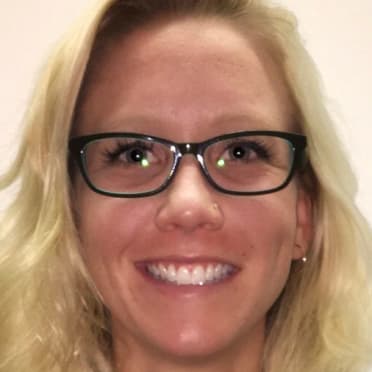As an ever-evolving game of adjustments, baseball is seeing another -- this one led by its players.
While baseball was on hold and bigger issues, namely the fight for social justice, became a part of the national conversation, a number of behind-the-scenes discussions began among a group of Black Major Leaguers. While several of these players had already put their time, money and resources toward different causes, they realized this moment might be an opportunity to create something bigger collectively.
As a result, The Players Alliance was formed.
On Wednesday night, Alliance members and founders CC Sabathia, Curtis Granderson, Edwin Jackson, Dee Gordon and Cameron Maybin joined MLB Network analyst Harold Reynolds for a 90-minute virtual discussion entitled “MLB Tonight: A Conversation” to share their thoughts on the game, their program initiatives and offer insight into what they hope to accomplish. The event also included guest appearances from former big leaguers Willie Randolph, Bo Porter and Bobby Scales; collegiate baseball coaches Roger Cador and Edwin Thompson; front office members Danny Montgomery and Steve Williams; and MLB vice president of baseball and softball development Tony Reagins.
“These conversations have been had for years,” Granderson said. “And now, with everybody finally getting a chance to slow down and stop, we [thought] now we can collectively bring our voices together and really go out there and make change.
“The guys on this call, plus the 120 members of The Players Alliance, have collectively over the past five years alone contributed over $40 million of our own money to our home communities, to the cities we play in, to the areas that don’t have Major League Baseball to bring the game to them, to introduce it to them, to keep it fun. That’s where The Players Alliance had started, and we’ll continue to keep moving forward.”
One sign of progress, they said, would be to see an increase in the number of Black MLB players, who filled 7.7% of Opening Day roster spots in 2019. Some on the panel noted that this lack of representation has made them feel like they enter the game at a disadvantage.
“You’ve got to do the right things every day," Gordon said. "The numbers speak for themselves, being at 8%, so you’ve got to be perfect to be part of that 8%.”
It’s common, Sabathia added, for Black players to advise those coming after them that they’ll have to strive for perfection, work harder than other players and play under different expectations.
“Make sure you play the game within the game,” Sabathia said, repeating advice he learned from Ellis Burks. “Make sure that you’re coachable; make sure that you’re a good teammate. You can wear your hat to the side, but make sure you’re doing all these things first. And make sure that you are going out and winning games, to be able to keep being yourself.”
All combined, members of The Players Alliance have accumulated 74 All-Star appearances, 50 Silver Slugger Awards, 34 Gold Glove Awards, five MVP Awards, two Cy Young Awards, two Rookie of the Year Awards and 20 Roberto Clemente Award nominations.
Granderson noted how that’s not a coincidence.
“If you are a Black player in this game, you’re probably a standout player,” Granderson said. “You’re not the guy that’s the 25th guy on the roster. You’re not the guy who’s the last guy whose name’s being called.”
Initiatives The Players Alliance plans to implement include the Alliance Access Program, a scholarship, internship and paid student employment initiative; Gear for Good, a player-led equipment drive and implementation program to help battle some of the barriers for entry into the sport; and a Baseball Mentorship Program, which would organize mentorship opportunities for players from Little League to the pros.
“It’s up to us now,” Sabathia said. “We’re those guys now sitting in this position to pass it on to the younger players, and it’s our duty. Really, it’s our duty to start this Players Alliance, to make sure that 10 years from now they’re not doing the same thing and explaining the same things to the guys coming in.”
To start the second half of “A Conversation,” Reynolds welcomed Reagins, MLB’s highest-ranking Black executive, who spoke about MLB's efforts at the grassroots level.
“One of the things that stuck out to me is that they talked about working from the top down,” Reagins said. “And what we’re doing, we’re working from the bottom up. So we’ll meet them in the middle and hopefully make some change.”
The discussion touched on a variety of other topics as well, including scouting Black players, getting more Black players into college baseball, increasing the number of Black managers in MLB and making sure the understanding of data and advanced analytics is taught to a diverse audience.
“It really is time,” Randolph said. “The way the movement is going right now, everybody’s open to listening and being receptive to change, and just being able to communicate about things that we’re not familiar with. … We need to really make sure that we continue to move forward with this movement, because in the past, we’ve gone through ups and downs and we put it on the back burner. We have a great opportunity as a country, as a sport, especially in baseball, to open up everything and be able to just talk to each other.”
